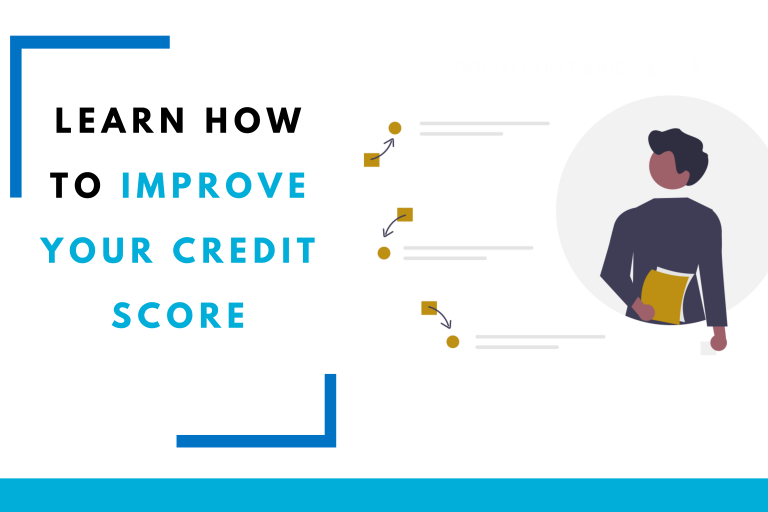Investing in a Real Estate: Am I Ready For It?
The mortgage rates today for investment properties are higher compared to loans for owner-occupied properties. Mortgage lenders typically charge more for properties that will not be occupied by the owner. However, if you purchase a home at a great price and finance it properly, it can lead to an immediate revenue stream.
It can be a challenge to canvass for rental property with a cheap mortgage. That being said, it is still worth investing in real estate even if the mortgage rates are high. But before investing, make sure you consider first the following factors below.
Get Pre-approved Today for FREE!
NO CREDIT CHECK REQUIRED!"*" indicates required fields



